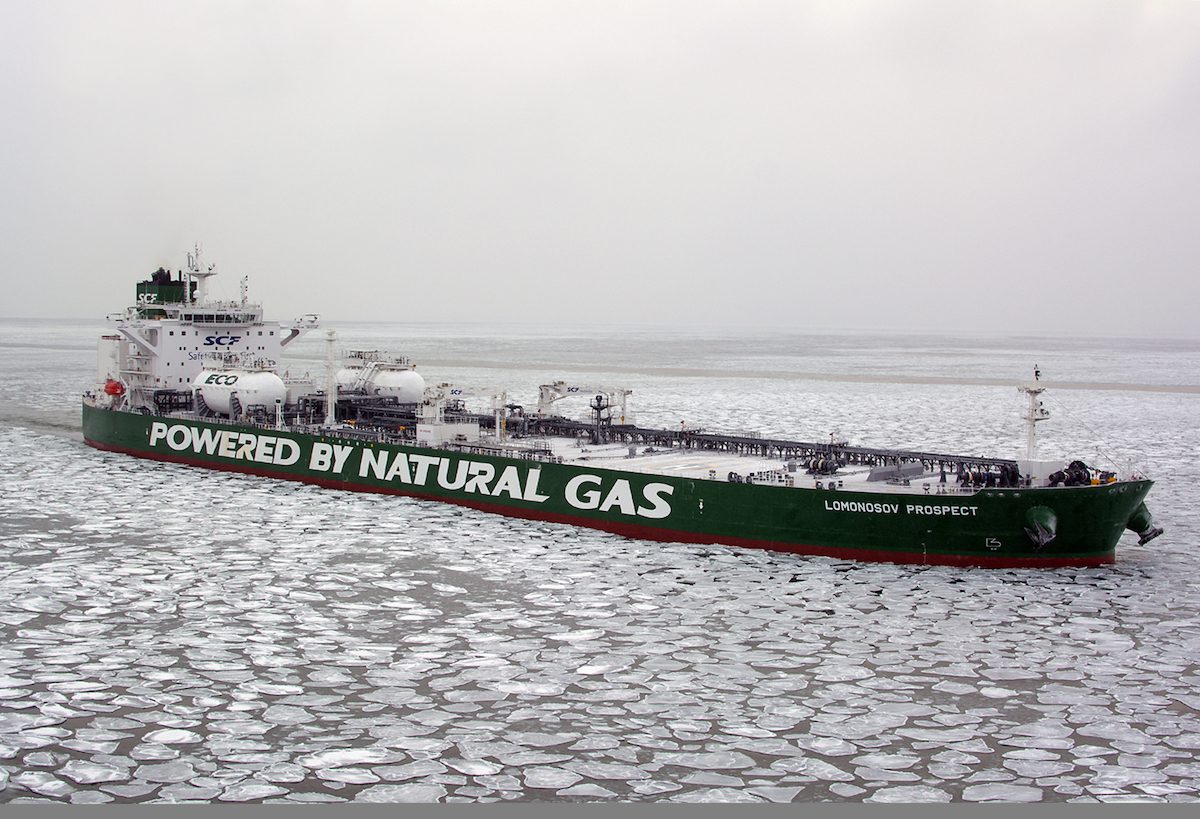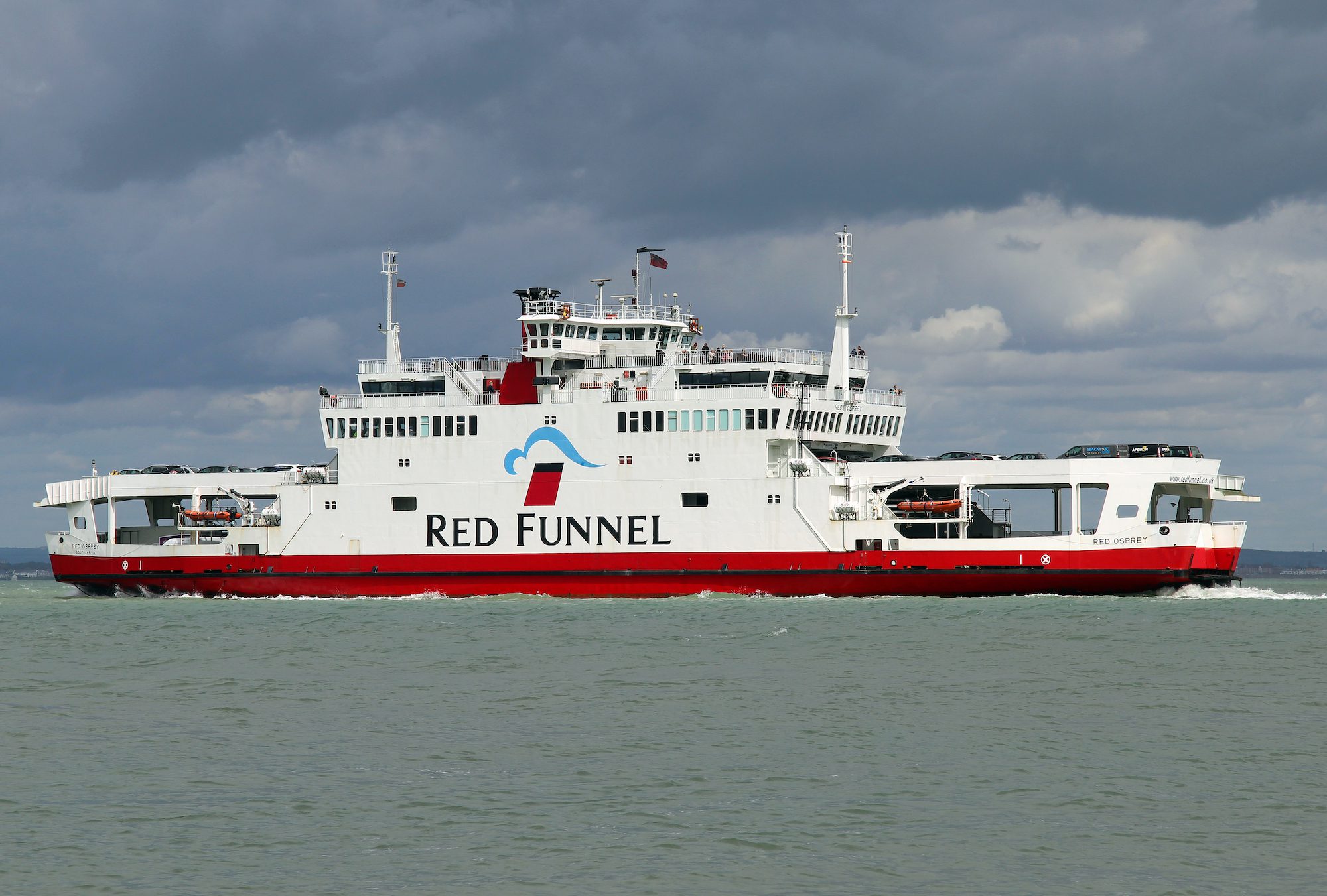The International Chamber of Shipping is calling on shipping stakeholders and governments to help prevent Russian and Ukrainian seafarers from becoming ‘collatoral damage’ in the conflict between Russia and Ukraine.
According to a 2021 report published by BIMCO and ICS, there are 1.89 million seafarers operating over 74,000 vessels in the global merchant fleet. The report estimates that 10.5% of the total seafarer workforce, or 198,123, are Russias and 4%, or 76,442, are Ukrainian. Combined they represent 14.5% of the global seafarer workforce.
Seafarers have been at the forefront of the response to the pandemic, ensuring essential supplies of food, fuel and medicine continue to reach their destinations amid supply chain disruptions.
The ICS is now warning of more supply chain disruption should the free movement of Ukrainian and Russian seafarers be impeded.
“To maintain this unfettered trade, seafarers must be able to join and disembark ships (crew change) freely across the world. With flights cancelled in the region, this will become increasingly difficult. The ability to pay seafarers also needs to be maintained via international banking systems,” the ICS said in a statement.
ICS has previously warned of a shortage of merchant sailors to crew commercial ships if action is not taken to boost numbers, raising risks for global supply chains. This has been compounded by “draconian” travel restrictions, brought on by the pandemic, that saw seafarers unable to crew change and resulted in hundreds of thousands working beyond their contracted periods at sea.
“The safety of our seafarers is our absolute priority. We call on all parties to ensure that seafarers do not become the collateral damage in any actions that governments or others may take,” said Guy Platten, Secretary General of the International Chamber of Shipping. “Seafarers have been at the forefront of keeping trade flowing though the pandemic and we hope that all parties will continue to facilitate free passage of goods and these key workers at this time.”
Research carried out by ICS reported that the average ship has a mix of at least three nationalities on board, and sometimes as many as thirty. Three languages were the minimum spoken on the average ship.
As of Friday, there were at least two (possibly three) reports of merchant ships being hit by explosives in the Black Sea since Russian forces invaded Ukraine this week.
The Black Sea is a critical region for agricultural exports, with Ukraine and Russia accounting for more than a quarter of the global trade in wheat and about a fifth of corn combined.
Unlock Exclusive Insights Today!
Join the gCaptain Club for curated content, insider opinions, and vibrant community discussions.

 Join The Club
Join The Club













